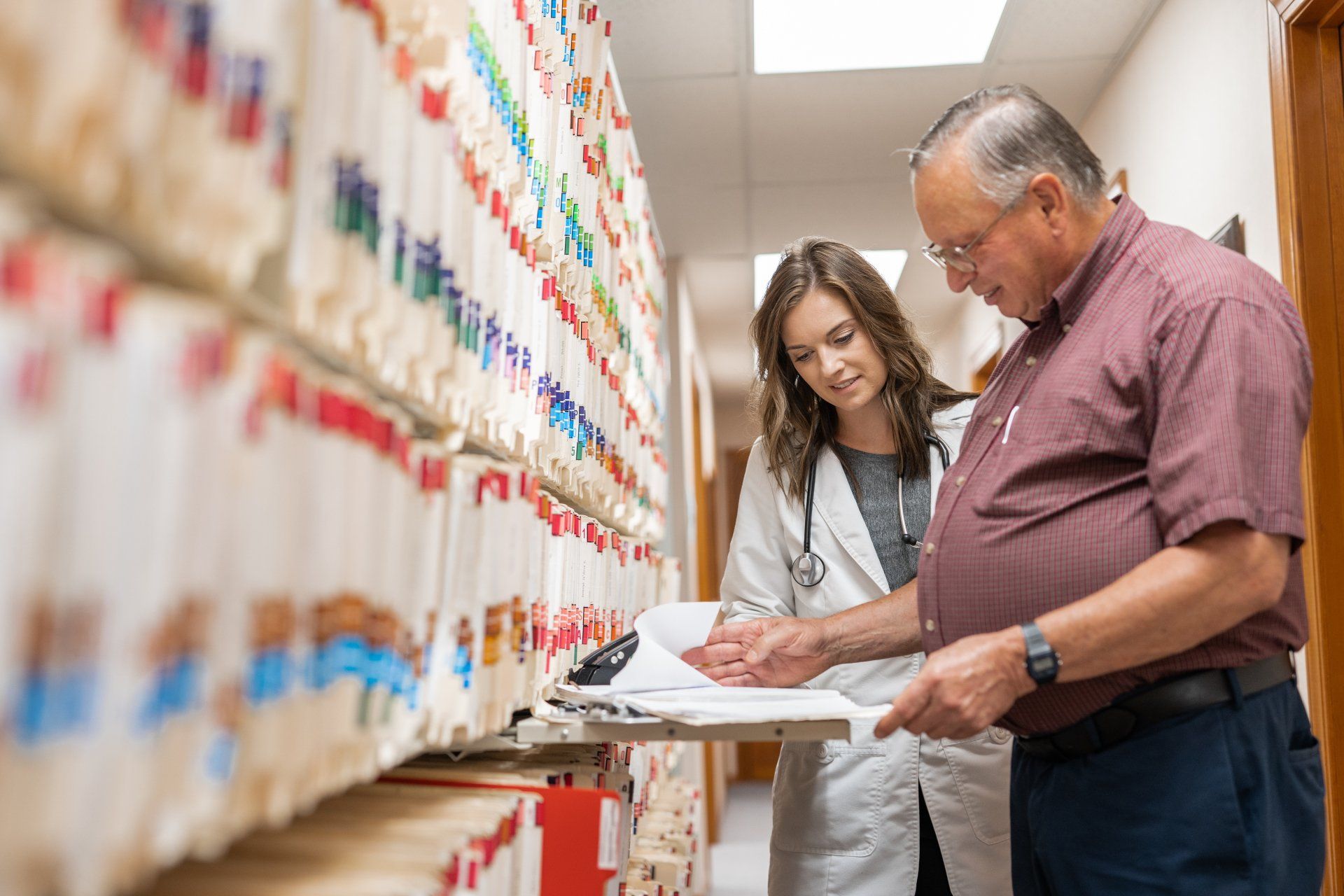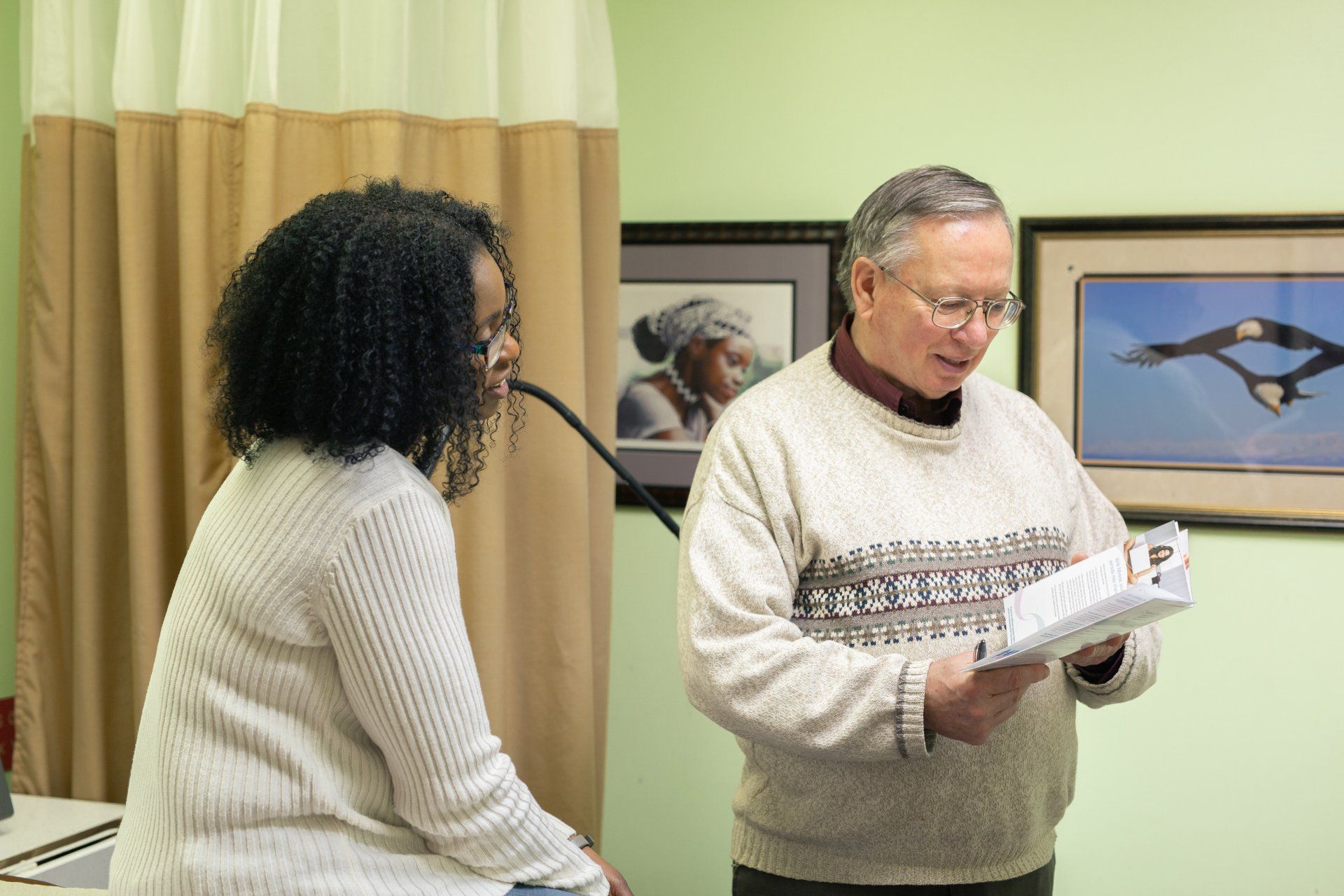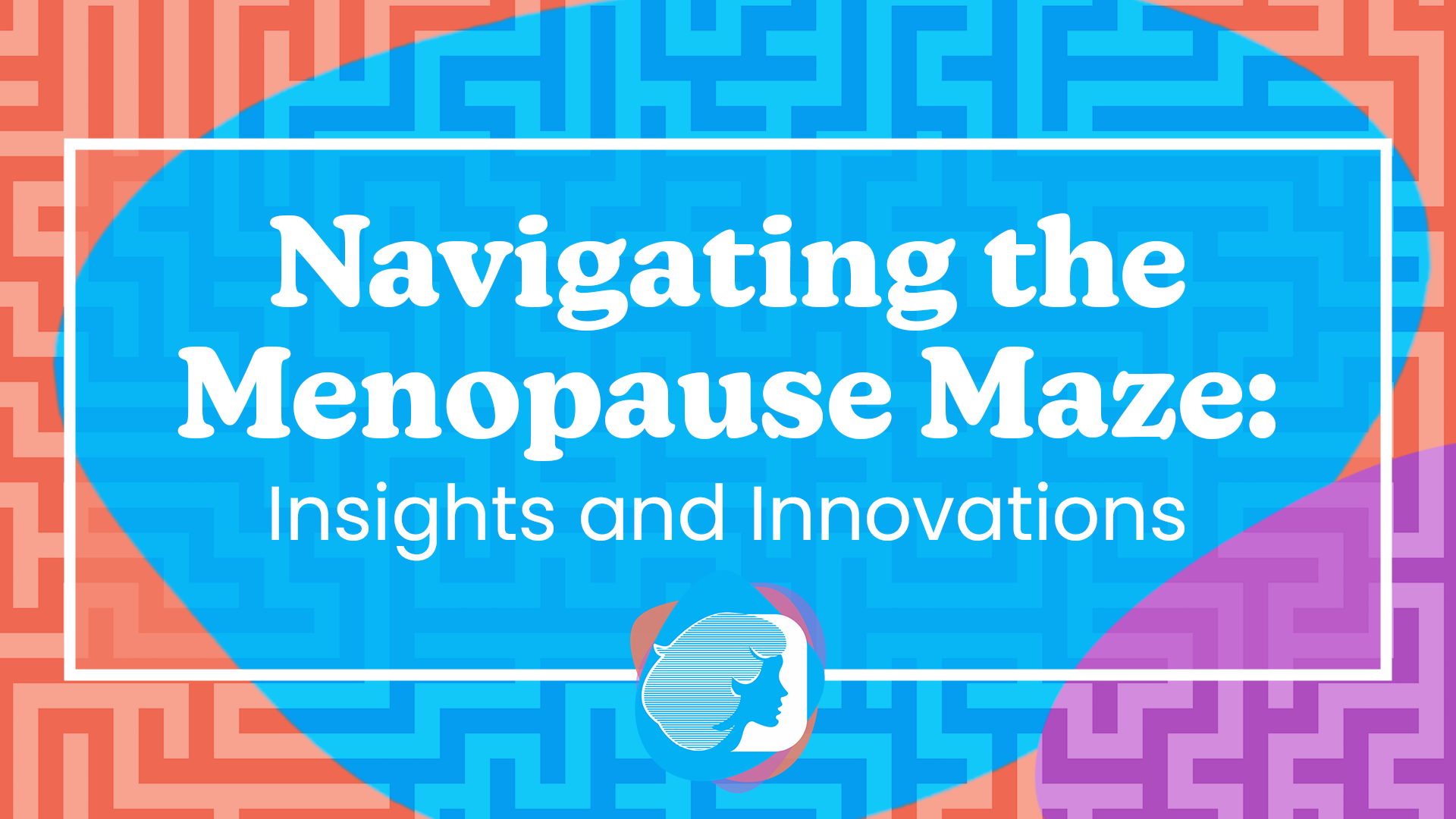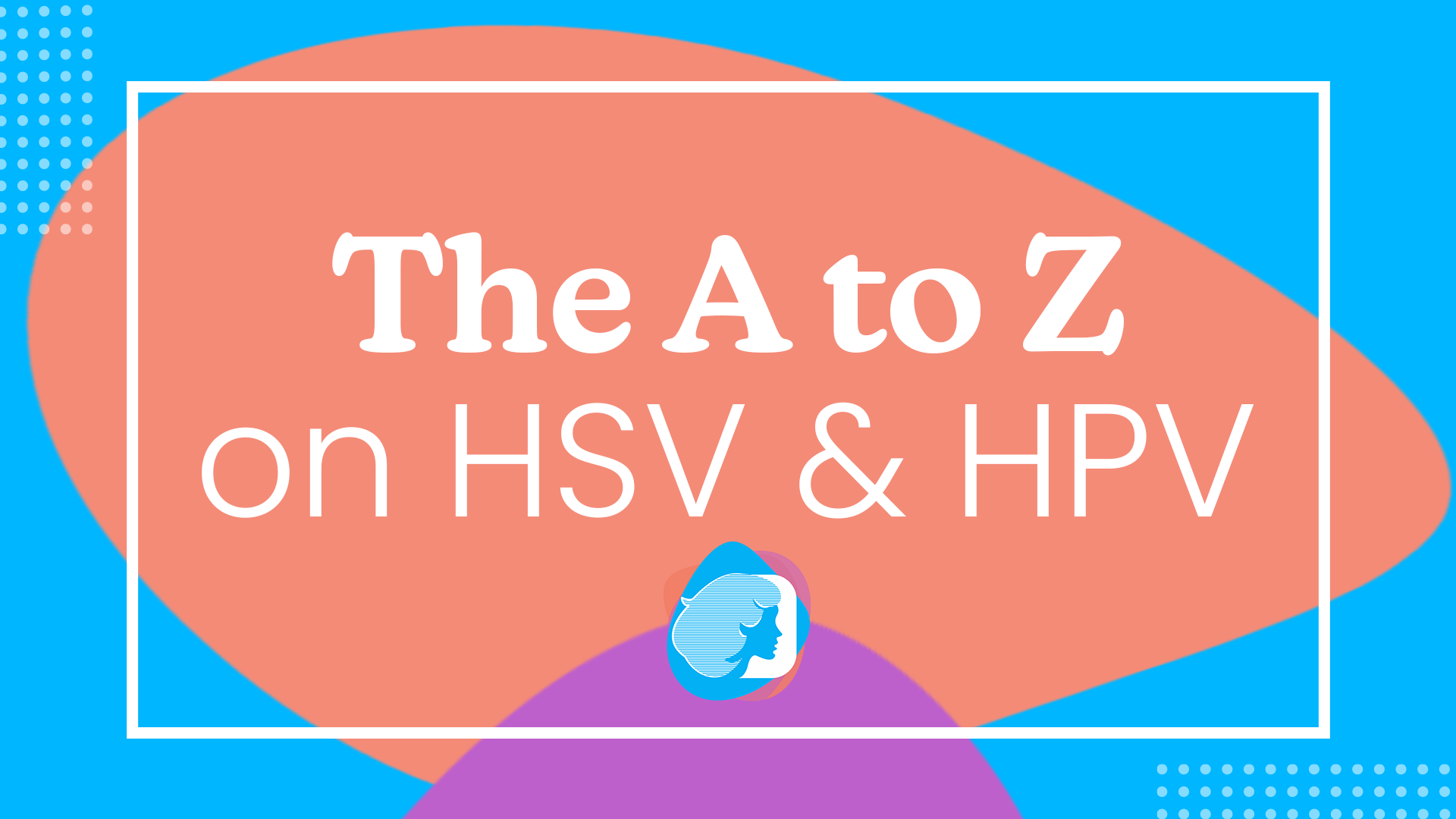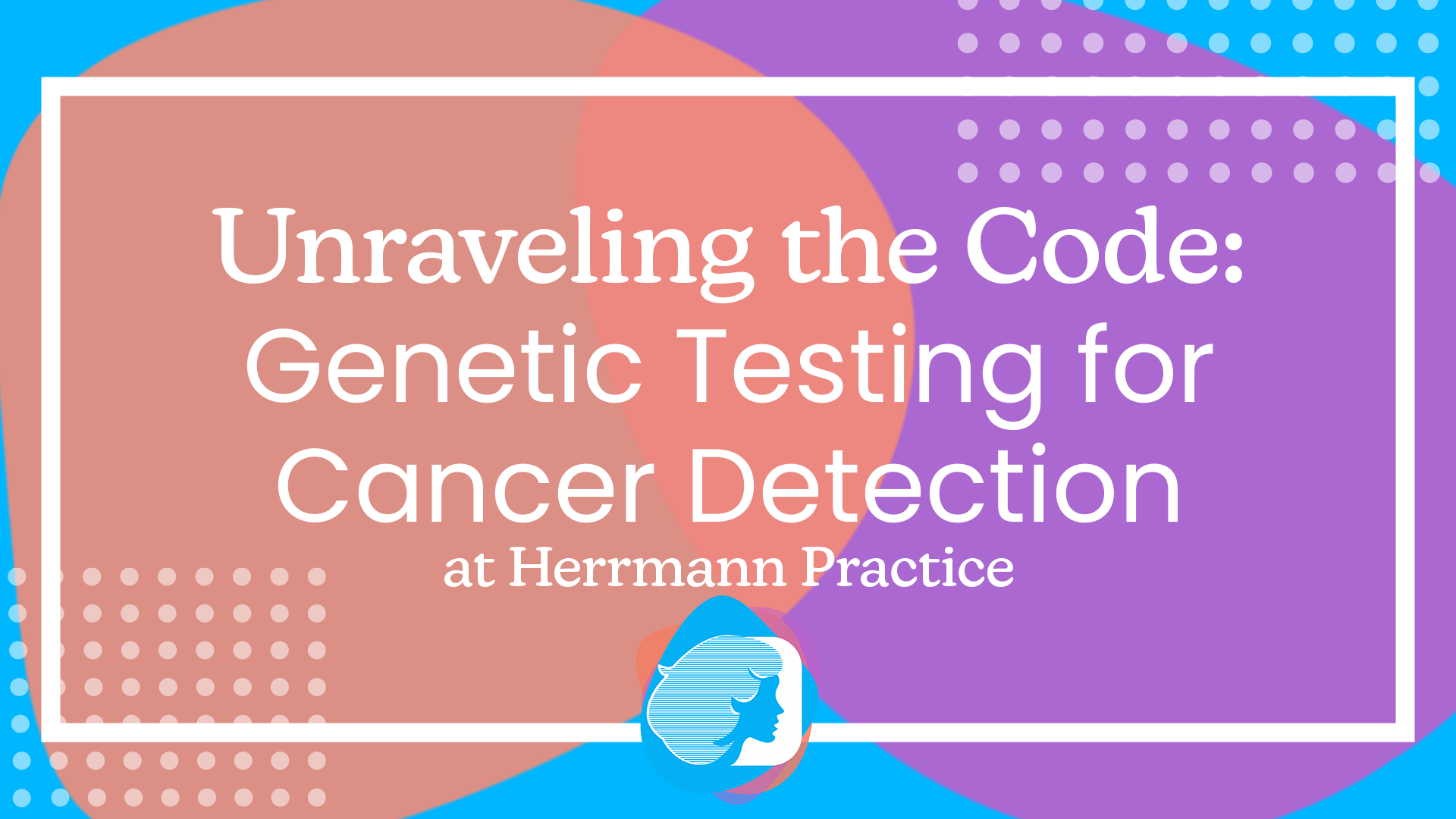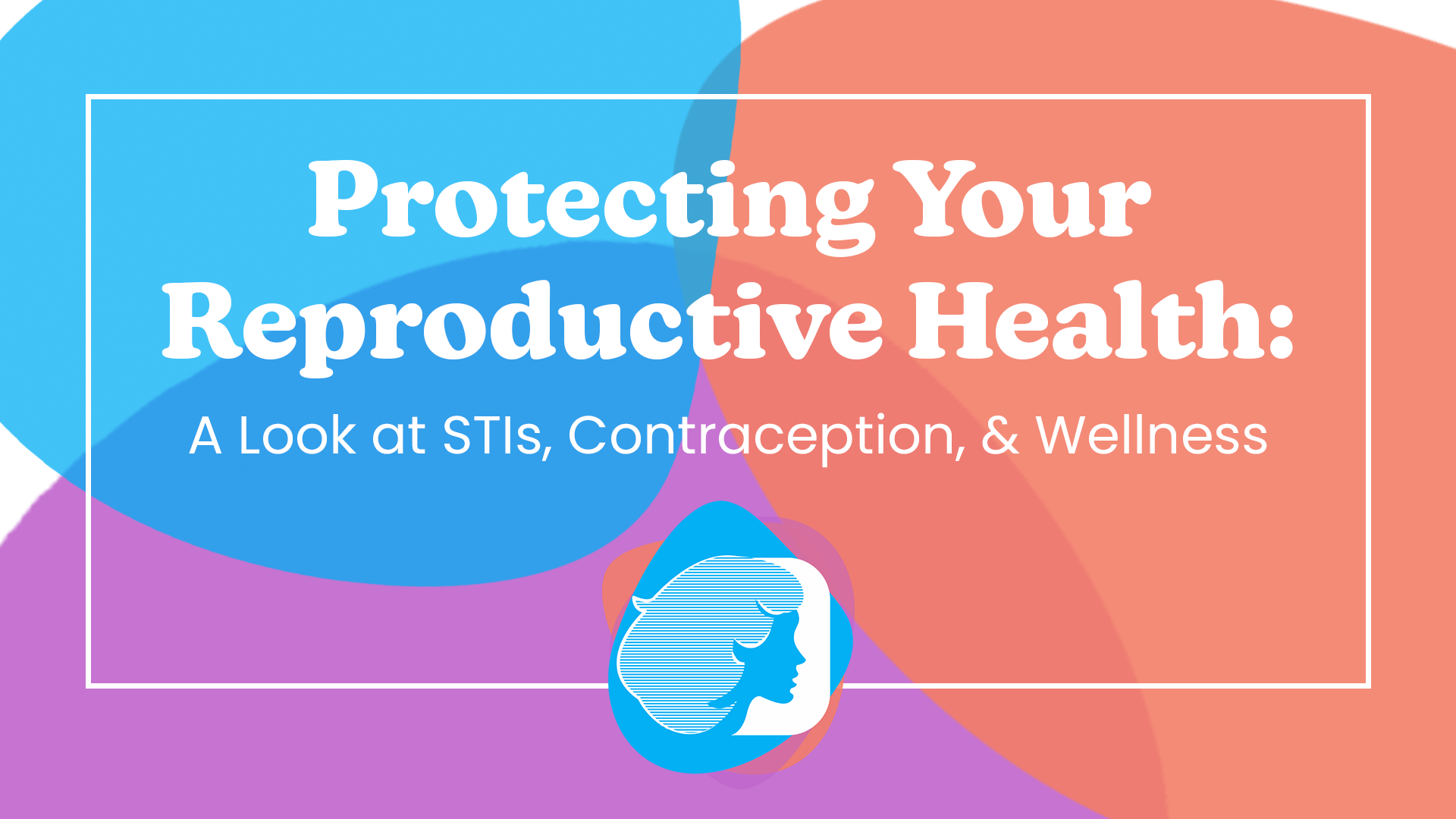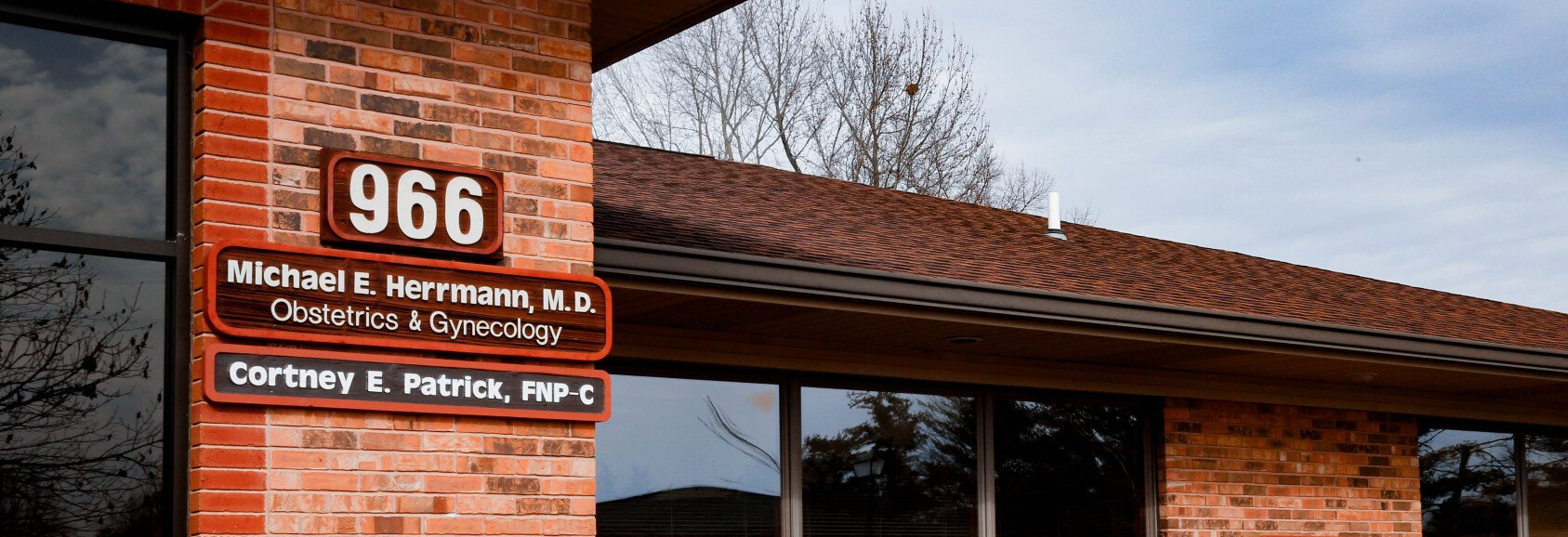Veozah Breaks New Ground in Menopause Relief
Veozah Breaks New Ground in Menopause Relief
Menopause is a journey unique to every woman, and at Herrmann Practice, we stand ready to guide you to the relief that fits your life and preferences. Whether you're drawn to the latest in non-hormonal treatments like Veozah or are exploring other avenues, we're here to illuminate your path with options that ensure comfort and wellness.

Menopause - A Time of Change
Menopause marks a significant period in a woman's life, characterized by the end of menstrual cycles and the onset of symptoms that can affect quality of life, such as hot flashes. Traditional treatments have leaned heavily on hormone therapy, but the quest for safer, non-hormonal options has led to the development of Veozah. Learn more about menopause and its impact on our Menopause Management page.
The Evolution of Menopause Care
The narrative of menopause treatment has been dominated by hormone replacement therapies, effective yet not without concerns. Recent decades have seen a pivotal shift toward safer, more innovative treatments like Veozah, approved by the FDA as a nonhormonal alternative offering relief from menopause symptoms without the complications of hormones.
Revolutionizing Menopause Management
Veozah stands out as a transformative approach to menopause care, targeting the brain's chemical messengers to significantly reduce hot flashes without the use of hormones. This breakthrough treatment offers a new level of safety and efficacy for women, particularly those seeking or requiring nonhormonal options due to health concerns such as estrogen-sensitive conditions.
Learn more about the reality of menopause and how the Herrmann Practice can help you here.
Safety Meets Efficacy
The buzz around Veozah is well-earned, thanks to its dual promise of safety and effectiveness without the hormones. As a groundbreaking option in the menopause treatment landscape, Veozah aligns with the modern woman's needs for health-conscious, risk-averse solutions to menopause symptoms.
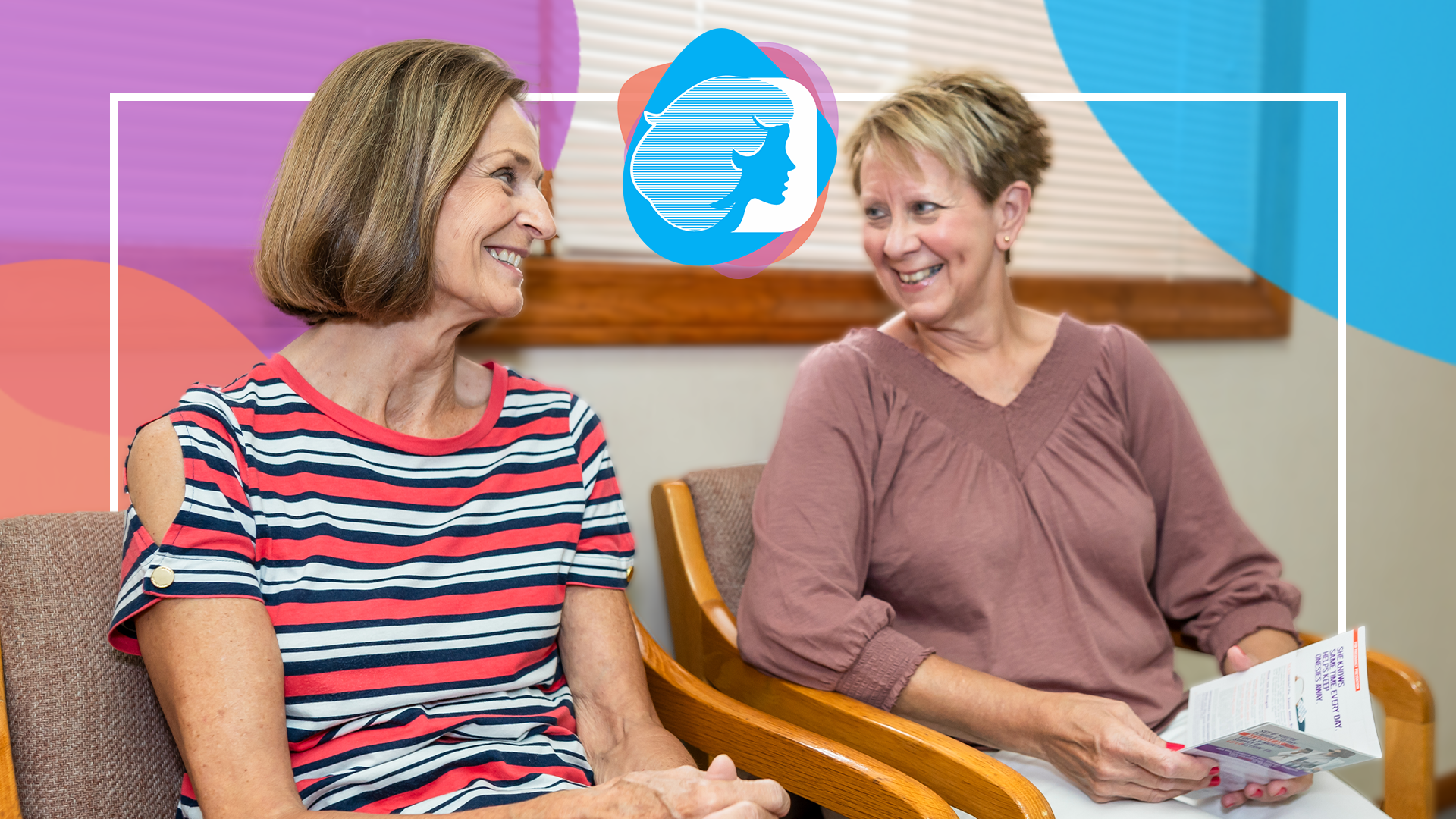
Embrace the Change with Confidence
Menopause is a phase of transformation, and with Veozah, it heralds a period marked by empowerment, well-being, and optimism. If you're considering non-hormonal treatments for menopause symptoms, Veozah presents an exciting and viable pathway to relief.
Explore the Possibilities with Veozah: Interested in how Veozah can redefine your experience of menopause?
Book an appointment with our experts at Herrmann Practice today. We're here to guide you through every step of this important transition, offering support, expertise, and personalized care.
